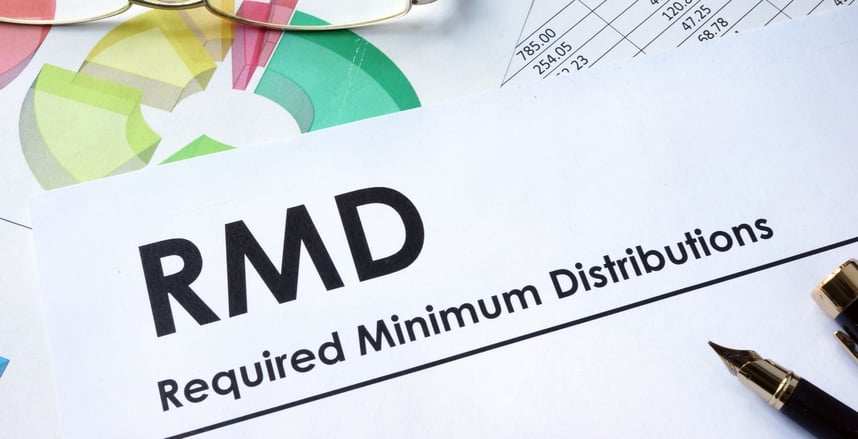Earlier this year Congress passed the CARES Act as part of the legislative response to COVID-19. The bill includes a waiver of required minimum distributions (RMDs) for the 2020 tax year for IRAs (including inherited IRAs and Roth IRAs) and defined contribution plans.
As a result of the legislation, RMDs taken before March 27 are no longer considered RMDS, but instead are deemed normal distributions eligible for a rollover. So, taxpayers wanting to roll unwanted distributions back into their retirement account within 60 days will avoid tax on the distribution. IRS Notice 2020-23 provides additional relief by extending the deadline to complete rollovers until July 15. This effectively allows anyone who took a distribution as early as February 1 to avoid tax by completing a rollover.
These changes provide a significant benefit to many taxpayers, but still left a few holes. Taxpayers who took distributions in January, beneficiaries of inherited IRA and Roth IRA accounts, and taxpayers who would have violated the once-per-year rollover rule are left with a potentially unwanted distribution.
Fortunately, the recently published IRS Notice 2020-51 plugs these holes. Now all taxpayers can rollover any distribution that would have otherwise been an RMD except for the CARES Act as long as it is completed prior to August 31. This includes distributions taken in January, distributions taken by beneficiaries of inherited IRAs and Roth IRAs, and those distributions that would have otherwise violated the once-per-year rollover rule. It also covers those taxpayers who turned 70 ½ in 2019 and deferred their first RMD to 2020.
While pieces of the additional relief provided by Notice 2020-51 were certainly anticipated, the source of the relief was a surprise. Many thought Congress would need to pass additional legislation to fix the gaps in the CARES Act as the IRS has previously taken the position that it could not waive the once-per-year rollover rule or allow non-spouse beneficiaries to complete a rollover. While this might lead to a slippery slope for tax policy in the future, we’ll take the welcome relief and deal with possible unintended consequences later.
If Notice 2020-51 impacts you, your Wealth Manager or Financial Planner will contact you to discuss your options.
If you are not a Plancorp client and would like to learn more about us, you may schedule an introductory 15-minute phone call here.
Disclaimer: This material has been prepared for informational purposes only and should not be used as investment, tax, legal or accounting advice. All investing involves risk. Past performance is no guarantee of future results. Diversification does not ensure a profit or guarantee against a loss. You should consult your own tax, legal and accounting advisors.










